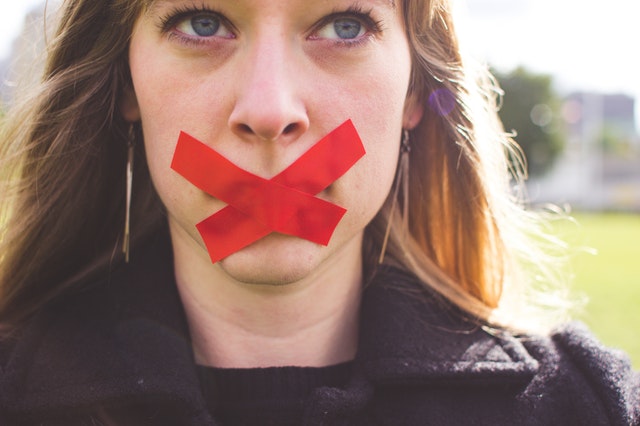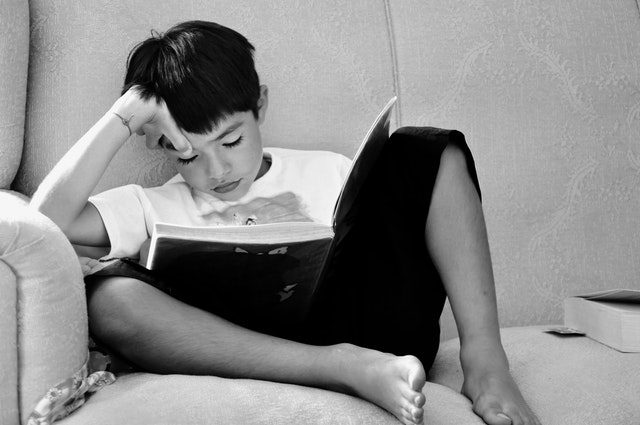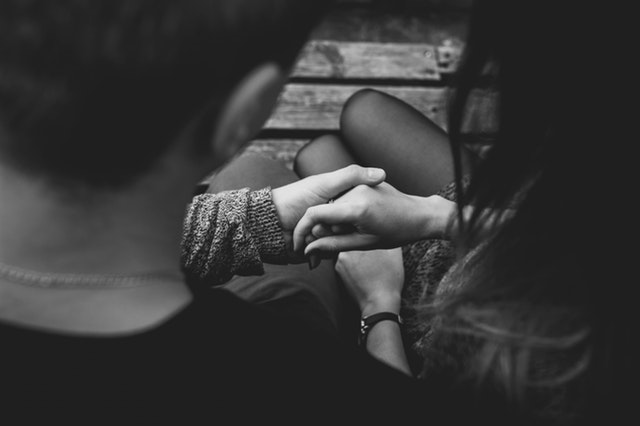#METOO- Using Your Voice to Conquer Shame.
/**This post contains potential triggers.
I am that semi-obnoxious (maybe all the way obnoxious but I just can’t own that label completely) person who almost always sits in the first or second row. Most of the time, when I listen to a speaker, attend a class, sit in a workshop, I intentionally choose to sit in the first or second row. Despite what has often been assumed of me, it (usually) isn’t because I need attention or because I want to be the teacher’s pet. The truth of it is I have such a hard time ignoring distractions of any sort. A baby cries, a parent shushes, the heater kicks on, the guy two rows behind me relentlessly taps his pen against his notepad. All of the things. So, I sit in the front so there is less to distract me from whatever it is I am trying to learn from whoever it is that is speaking. I have done this for as long as I can remember.
Unfortunately for me, that is precisely where I was sitting in a room full of 14-18 year-old girls the moment I quite suddenly “remembered” the account of my experience as a victim of sexual abuse. In the second row.
“You are all valuable. Precious,” she said.
“You don’t have to give any more of yourself to the world than you want to. Anyone who tells you otherwise…” Fade to black.
Well first, grey, then black, then full technicolor panic.
My lungs seemed to have collapsed under what felt like the weight of a boulder suddenly pressing down on my chest. I was dying. I was certain I would never breathe again. And my stomach. Was it trying to crawl out of my body through my mouth? Or had it just dropped into my toes? There was this sensation in my head; like someone had taken a sheet of metal and sliced through my forehead and then left it there. That feeling you get if you bite on a piece of aluminum foil, or miss the food on your fork and clamp down on the metal instead of the food. But in my temples.
I hadn’t ever had a panic attack or an anxiety attack so I couldn’t make sense of all of these sensations. I just knew I had to get out of the room. I couldn’t ever make sense of the image that had just flashed in my mind while I was sitting in that room. I stumbled out into the foyer of the building and was soon met by one of the adult chaperones of our group whose name I don’t remember but the sensation of her hand stroking my back and the comfort of her presence I will never ever ever forget.
I was 16.
When I was seven, I was a victim of sexual abuse. While staying with family, my cousin and his girlfriend invited themselves into my bed and molested me; forced me to perform sexual acts with each of them. The strongest evidence I’ve ever experienced of the ferocious power of the mind, it’s ability to protect us from things we dare not face-for whatever reason, is this: I was so afraid that the words and my voice would fail me so that I couldn’t tell anyone what had happened. I was so deeply convinced that I could not ever speak about what had happened that I managed to even persuade myself to believe that this never happened. I repressed this memory for nine years.
It is important for me to tell this story. To speak it out. To use my voice. For myself and possibly for someone else. Also, it is most imperative that I tell you this: I can only share this story because I am now free from the grip of shame.
I am free from it and now I know...I know that every damn dollar spent on therapy and exercise and learning how to breathe again- These were the beginning of loving myself. Knowing myself and loving me, and loving the little girl whose youthful innocence and bright shiny goodness were spoiled with the taste of narcissism and the stench of strength misused. These were the beginning of learning how to listen to her. To me. Now I know… I recognize what it sounds like and how to use it freely to shout to myself, to the world, to anyone who cares to listen that I am worth knowing and loving. Without feeling small or ashamed or unworthy, I get to take up space in the world that has been gifted to me.
And you too. Just in case you need a gentle reminder, can I say this? Encourage you with this hard-won truth…?
You get to take up space in the world.
No one has the right to enter that space without your permission.
You get to use your voice to say, “No” or “Yes” or “Me too” or if you want, to say nothing at all until you are ready.
I hope this is not your story.
But, there is a one in four chance that it is.
This reality breaks my heart. That so many of us have been violated in a way that strips the soul’s soil of nutrients; uproots the potential of life, of self-love, of hope and worth. This thought brings me to the deepest sadness and the hottest of rages I think I am capable of feeling.
And yet…
There is HOPE.
Can you hear it? It's a growing army-choir of truth-telling hope angels. Amongst the clamor of the worst the world has to offer, there is a crescendo of voices being found and raised. In every shouting, whispering, squeaking out through fear and tears, “ME TOO.”
There is HOPE.
Because my story is still being written. Your story. Our collective story. We are writing them now. The middles, the ends, the beginnings, we are the authors. The thieves, the violators, they stole a page, a chapter even. But WE write the next page. We decide when it is written and where and with whom.
Have you ever noticed that the moment we say the thing out loud, call it what it is, that it loses power? The thing we could never say because “How could I even?” But then we do. In the moment it's strange to even hear ourselves saying the words, but then it's done and we get to move on to the next part. The healing of the wound. The moving through to moving passed to moving on. All because we SAY THE THING.
So, yes. #METOO
-Tawni







































































